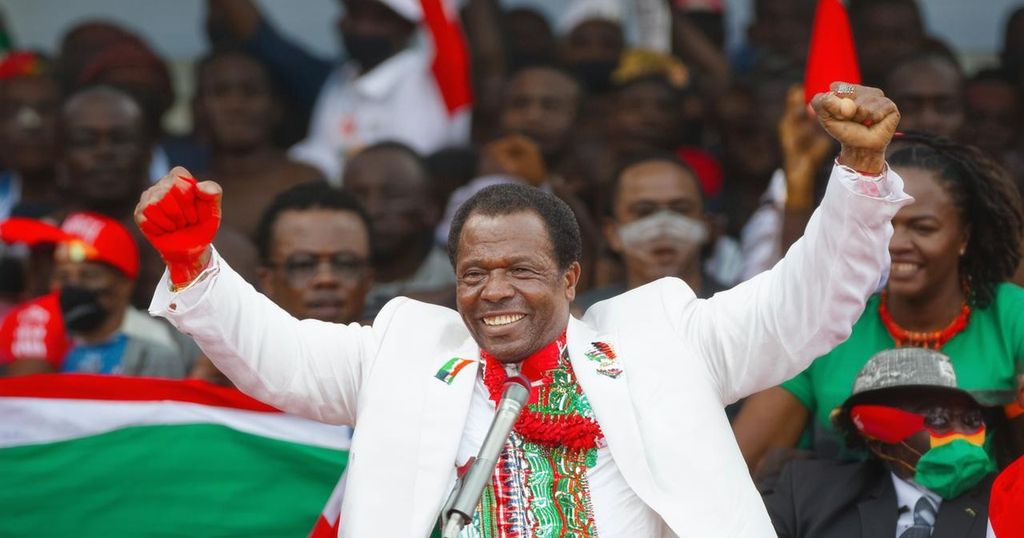Controversy Surrounds Frelimo’s Victory in Mozambique’s Presidential Election

Daniel Chapo of Frelimo has won the Mozambican presidential election with 71% of the vote, succeeding Filipe Nyusi. The election, however, faced serious allegations of rigging and violence, leading to nationwide protests and confrontations with police. The opposition’s claims of election fraud and calls for a strike have emphasized the contentious nature of Mozambican politics.
In Mozambique, the ruling party, Frelimo, has emerged victorious in a contentious election that has been marred by allegations of electoral fraud and violence. According to the election commission, Daniel Chapo, who is perceived as a potential agent for change, secured 71% of the votes to become the successor to Filipe Nyusi, who has served two terms. At 47 years of age, Chapo marks a historic milestone as the first president born post-independence in 1975. His principal rival, Venancio Mondlane, garnered 20% of the vote, but has since raised concerns over the election’s legitimacy, asserting that he actually won and calling for nationwide protests and a strike in light of reported rigging. These protests have resulted in confrontations with police, who have deployed live ammunition and tear gas to suppress dissent. The atmosphere in the capital, Maputo, is described as tense, with reports of empty streets and closed businesses following the election. External observers, including a delegation from the European Union, have voiced concerns about irregularities during the vote counting process, suggesting that some results may have been manipulated.
The political landscape in Mozambique has long been dominated by Frelimo, which has governed since the country’s independence in 1975. Despite a seemingly stable tenure, Frelimo has faced increasing criticism over electoral practices and governance issues, particularly in recent election cycles where allegations of fraud have emerged. The recent election further exposed underlying tensions, as opposition parties have questioned the integrity of the electoral process and the safety of their supporters. The tragic deaths of opposition members have heightened fears of political violence and highlighted the contentious nature of Mozambican politics, particularly in the lead-up to elections. Observers have noted a growing need for electoral reforms to restore public confidence in Mozambique’s political framework.
The election outcome in Mozambique has sparked significant controversy, with the ruling Frelimo party extending its enduring rule amidst a backdrop of serious allegations of electoral rigging and violence against opposition supporters. Daniel Chapo’s victory, while indicative of a continuation of Frelimo’s historical dominance, raises pressing concerns regarding the legitimacy of the electoral process and the potential for civil unrest as opposition factions call for accountability and reform. This ongoing political crisis underscores the challenges of consolidating democracy in the face of systemic issues that have persisted for decades.
Original Source: www.bbc.com







